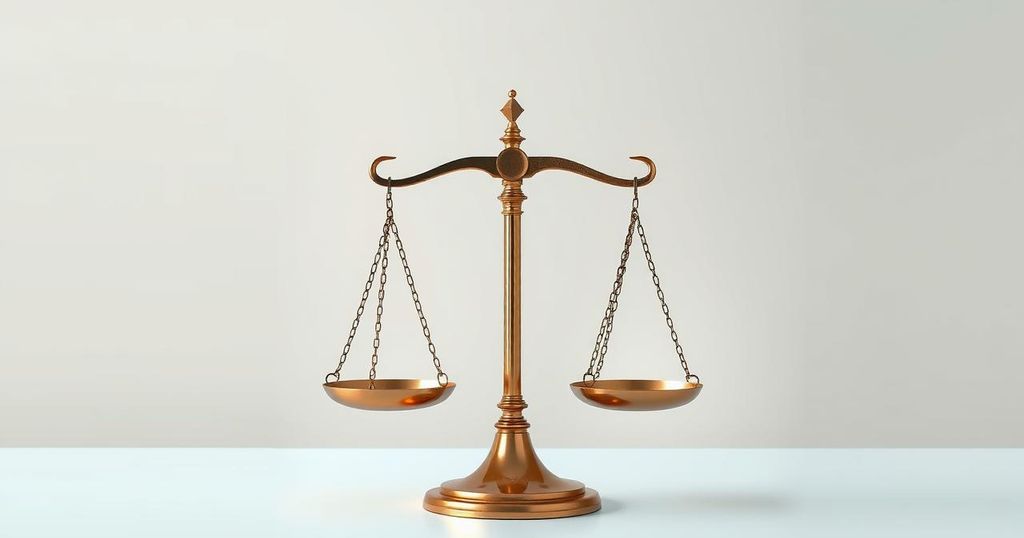Recent findings by the Apex Committee reveal AbbVie Healthcare India Pvt Ltd violated the UCPMP by funding costly international trips for doctors disguised as learning opportunities. The UCPMP clearly forbids companies from offering gifts, travel, and hospitality to healthcare professionals to mitigate conflicts of interest. The enforcement of these regulations is necessary to enhance ethical practices within the pharmaceutical industry.
The Apex Committee for Pharma Marketing Practices under the Ministry of Chemicals and Fertilisers recently adjudged AbbVie Healthcare India Private Ltd guilty of breaching the Uniform Code for Pharmaceutical Marketing Practices (UCPMP), 2024. This followed the discovery of the company sponsoring international trips totaling ₹1.91 crore for 30 doctors purportedly for ‘professional development’. This allegation surfaced from an anonymous complaint detailing unethical marketing practices, where such trips were disguised as a medical conference in Monaco and Paris.
According to the UCPMP, both the 2014 and 2024 versions expressly prohibit any pharmaceutical company from offering travel or hospitality to healthcare professionals. The UCPMP—revised last year to enhance transparency and ethical conduct—aims to regulate interactions between pharmaceutical firms and healthcare professionals to prevent undue influence over prescription practices and safeguard public health.
The UCPMP prohibits gifts, benefits, or financial advantages to healthcare professionals and their families, as well as hospitality, except in specific contexts. Nonetheless, the 2024 version permits companies to offer informational tools and free samples under defined conditions. This regulation is applicable to both pharmaceutical and medical device companies.
The relationship between pharmaceutical companies and healthcare professionals is often complex and fraught with potential conflicts of interest. An article in the Indian Journal of Medical Ethics suggests that financial ‘gifts’ can influence a physician’s prescribing behavior, even small ones. The article underscores the importance of doctors recognizing these risks and being proactive in counteracting bias.
In the AbbVie case, the company alleged that its actions were consistent with ‘acceptable industry practice’ and claimed to have contracted with the doctors for professional services. However, the Central Board of Direct Taxes has been tasked to scrutinize the tax implications for the company and the involved physicians. Furthermore, the National Medical Council has been urged to take action against the doctors involved, according to established regulations.
Experts emphasize the necessity for strict enforcement of these regulations to mitigate conflicts of interest and build trust within the medical community. India’s pharmaceutical sector is recognized as a global leader and plays a significant role in the domestic market, which is projected to grow from USD 42 billion in 2021 to USD 120-130 billion by 2030, maintaining its status as the world’s largest supplier of generic drugs.
The regulations governing interactions between pharmaceutical companies and healthcare professionals in India have evolved to address ethical concerns arising from conflicts of interest. The UCPMP was devised to enhance transparency and curtail practices that may unduly influence prescription behaviors. With the revision to the 2024 edition, stricter guidelines have been imposed to promote ethical marketing practices, aiming ultimately to protect public health and ensure the integrity of healthcare decision-making.
In conclusion, the regulations set forth by the UCPMP play a crucial role in overseeing the interactions between pharmaceutical companies and healthcare professionals in India. The enforcement of these codes is essential to safeguarding ethical practices, maintaining public trust, and ensuring that healthcare decisions are made based solely on the benefit of patients, free from undue influence.
Original Source: www.thehindu.com

Leave a Reply